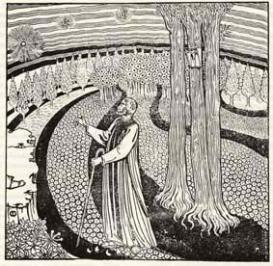This project explored a group of Italian psychologists, philosophers, and writers who in the first years of the twentieth century crafted a form of pragmatism known as “psychological” or “magic” pragmatism. The members of this group transformed pragmatism from a set of philosophical doctrines into a practical guide for inner or spiritual action: a “psicacogia,” or an art for the conduct of the soul. To them pragmatism derived its recognizable unity less from any coherent body of philosophical ideas than from the practices it encouraged. These included introspection and self-observation (both psychological and philosophical); psychological techniques aimed at strengthening the will, concentrating attention, and intensifying “mental energy;” philosophical exercises of a Stoic variety; religious exercises, such as forms of the “imitatio Christi,” and a host of practices for the writing of the self (such as the intimate journal, the letter, and the fantastic tale). They borrowed those practices from heterogeneous traditions, but reinterpreted them in light of Henri Bergson’s and William James’s work, especially James’s pragmatism and his psychological theories of attention, perception, and the will. The result was a powerful, though, unstable, synthesis of psychological, philosophical, spiritual, and, shortly afterwards, political ways of life which they mobilized as they pursued a typically modernist project of individual renewal and social regeneration. Bordogna’s project formed part of her book project, The Pragmatist Hotel: Pragmatism as a Way of Life.

